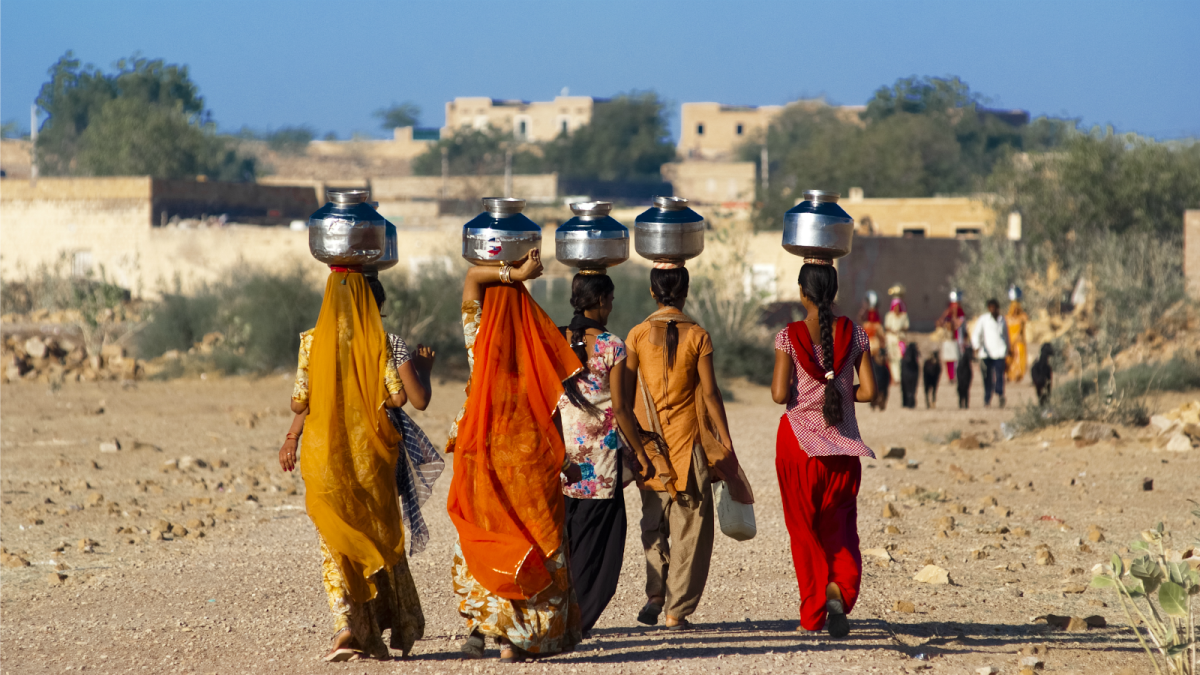Imagine going through your day without access to clean, safe water in your home for drinking, cooking, washing, or bathing whenever you need it. According to a new report from UNICEF and the World Health Organization, 2.1 billion people around the world face that challenge every day. And the task of providing water for households falls disproportionately to women and girls, especially in rural areas.
Water, a human right, is critical for human survival and development. A sufficient supply of biologically and chemically safe water is necessary for drinking and personal hygiene to prevent diarrheal diseases, trachoma, intestinal worm infections, stunted growth among children, and numerous other deleterious outcomes from chemical contaminants like arsenic and lead.
I have carried out research in India, Bolivia, and Kenya on the water and sanitation challenges that women and girls confront and how these experiences influence their lives. In my field work, I have seen adolescent girls, pregnant women, and mothers with small children carrying water. Through interviews, I have learned of the hardships they face when carrying out this obligatory task.
An insufficien... Read more
